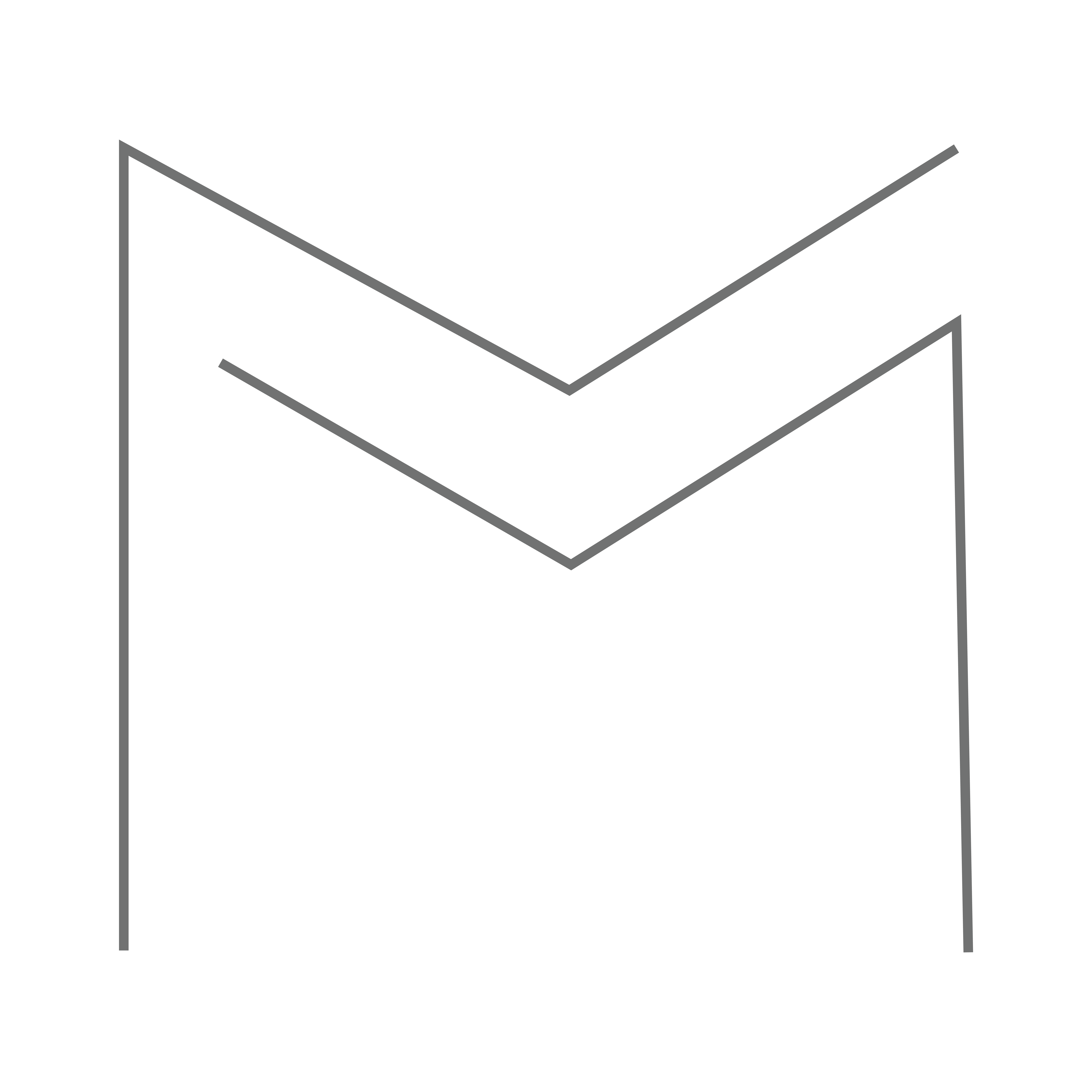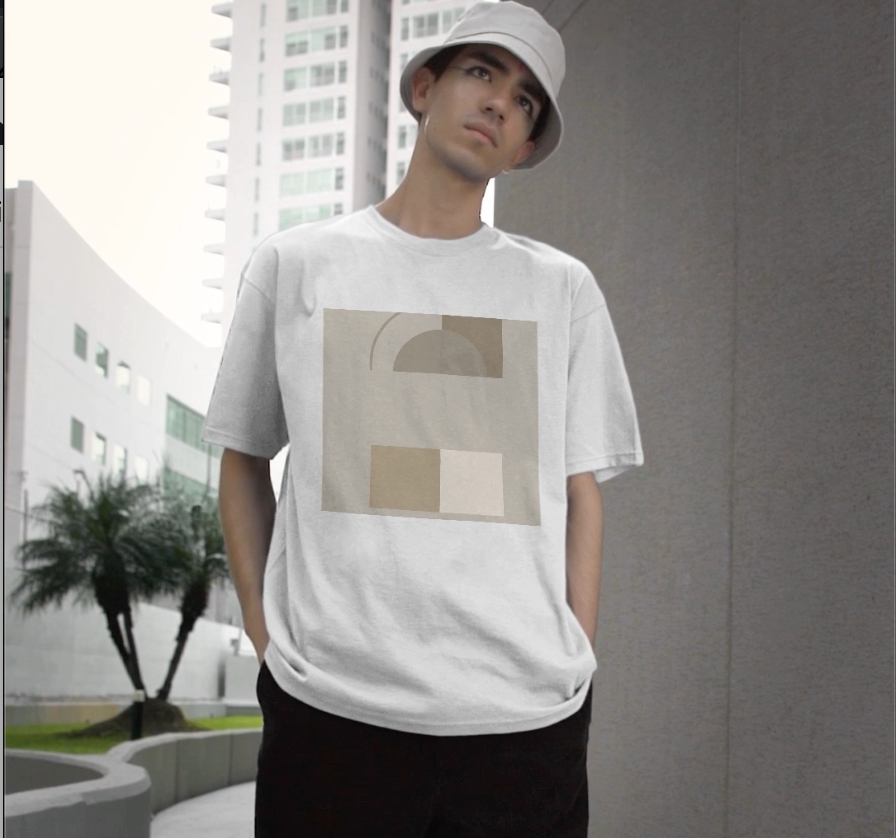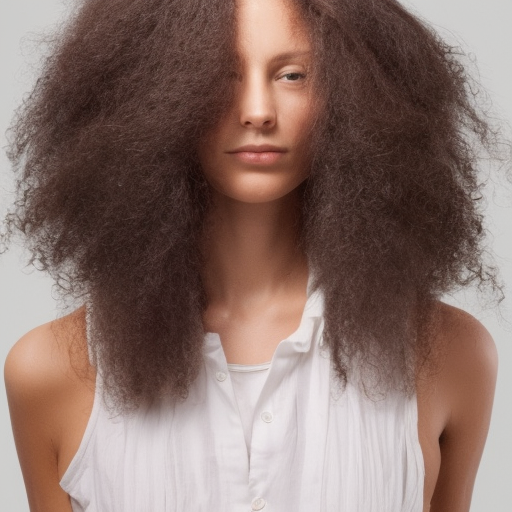A Guide to OEKO-Tex Standard 100, FairWear Foundation, OCS 100 Blended, GRS and PETA.
What is OEKO-Tex Standard 100?
OEKO-Tex Standard 100 is an internationally recognized independent certification system for the testing of textiles and leather for harmful substances.
It is developed, maintained and continuously improved by the International OEKO-TEX Association, a global network of independent textile research and testing institutes. The OEKO-TEX Standard 100 tests for more than 300 often dangerous chemicals, including those related to carcinogenic dyes, allergenic dyestuffs, formaldehyde and pesticides, as well as azo dyes to ensure that products meet safety standards.
It also tests for phthalates and heavy metals such as lead and cadmium. To obtain the certification, products must pass two requirements: they have to come from an accredited production facility and their raw materials have to meet stringent chemical safety criteria.
The certification ensures that no harm is done to people’s health when using products made with materials certified by OEKO-TEX Standard 100. Furthermore, it allows manufacturers to prove the environmental sustainability of their products by providing environmental industry standards with respect to prohibited substances in textiles used both in finished items or components thereof. It also encourages companies to take responsibility for their own production processes or become involved in initiatives that promote better working conditions across their supply chain. The OEKO-TEX standard not only forms part of an ethical approach but also helps businesses protect their brand from unknowingly selling non-compliant items due to ever changing regulations globally.
What is FairWear Foundation (FWF) ?
FairWear Foundation (FWF) is an independent, non-profit organization that works to improve working conditions in the garment industry. Founded in 2000, FWF strives to ensure that the clothes we wear are made in factories that meet international standards for workers’ rights and safety. The foundation works with brands, suppliers, trade unions and civil society organizations to create better working conditions and a more sustainable apparel industry.
FWF monitors factories through a comprehensive program of self-assessment, bench marking and factory visits. If a factory fails to meet FWF’s requirements it will develop an action plan with the factory management to improve working conditions. This includes providing guidance on compliance with national laws, international conventions and codes of labor practices as well as help in developing policies for grievance mechanisms, health and safety management systems and responsible recruitment procedures.
The foundation also runs educational programs for workers in factories so they can understand their rights and know what to expect from their employers. It also provides technical support such as helping factories identify areas of weakness or developing strategies for improvement. FWF works with its partner brands to ensure they receive accurate information about the progress made by their suppliers towards meeting the standards set out by FWF. Finally, it encourages its partner companies to commit to long-term relationships with their suppliers so that improvements in terms of workplace conditions can be made over time.
What is OCS 100 Blended?
OCS 100 Blended is an international certification program that combines the standards set by two of the most renowned and respected organizations in the textile industry: OEKO-TEX Standard 100 and FairWear Foundation. The certification requires production facilities to adhere to strict chemical safety criteria and labor rights standards, respectively.
In addition to testing for harmful substances, it also checks for phthalates, heavy metals (such as lead and cadmium), environmental sustainability compliance, and other criteria. To receive this certification, all raw materials used must pass certain requirements which include tests for carcinogenic dyes, allergenic dyestuffs, formaldehyde, pesticides, azo dyes and more.
Furthermore, factories must have their working conditions monitored through a comprehensive program that includes self-assessment, benchmarking and factory visits by FWF representatives. Shopping with a company certified with OCS 100 Blended you have confidence that their products are safe for your health as well as ethically produced in compliant factories.
The combination of the two certifications goes beyond just ensuring product quality; it encourages a culture of taking responsibility for labor practices across entire supply chains while providing tangible evidence of corporate commitments towards sustainability efforts in the garment industry.
What is Global Recycled Standard (GRS)?
The Global Recycled Standard (GRS) is an international certification system designed to help businesses accurately track and trace the content of their recycled materials. This certification verifies that companies are using genuine recycled materials, utilizing best practices when it comes to resource management and ethical labor standards. The standard was developed by the Textile Exchange, in collaboration with public and private sector stakeholders.
GRS ensures that products are made with a minimum of 20% post-consumer recycled content, while ensuring that processes and products comply with social, environmental and chemical requirements. It also requires transparency throughout the supply chain so that customers can be confident they are purchasing genuinely recycled items.
GRS has strict requirements regarding social compliance, including fair wages, non-discrimination, no forced labor or human trafficking, health and safety regulations, as well as environmental regulations related to water usage and wastewater discharge. Additionally, GRS addresses chemical safety concerns by requiring testing for certain restricted substances such as heavy metals or formaldehyde.
The GRS certification is recognized by many organizations around the world as a reliable indicator of sustainability in the textile industry. In order for companies to receive this certification they must submit a comprehensive report detailing their production process from beginning to end. Companies must also continually monitor their suppliers and undergo third-party audits to ensure consistent compliance with GRS standards.
What is a PETA-approved garment?
PETA-approved garments are clothing, footwear, and accessories that have been certified by People for the Ethical Treatment of Animals (PETA) to meet their extensive standards for animal rights and cruelty-free production. PETA-approved items must be made without the use of any animal materials or products tested on animals, such as fur, leather, wool, down feathers, exotic skins, and products with ingredients derived from animals. Instead, these items must be made exclusively of vegan materials like synthetic fibers or plant-based textiles such as hemp, lyocell (Tencel), bamboo fiber or organic cotton.
In addition to being 100% animal product free, PETA-approved items must also meet social responsibility criteria including fair wages and safe working conditions for employees throughout the entirety of their supply chain. This includes carefully scrutinizing labor practices at all phases of production; from selecting suppliers who demonstrate a commitment to ethical labor standards to ensuring that workers receive fair wages in accordance with local minimum wage laws. Additionally, companies who seek PETA approval must adhere to sustainability requirements such as eliminating hazardous chemical use and minimizing waste in production processes.
PETA-approved garments not only provide you with options made without harming animals but allow you to make conscious choices about supporting ethical labor practices while purchasing items with minimal environmental impact. Through this certification program, PETA is ensuring that companies uphold their commitment to treating animals humanely while creating fashion that is gentle on the environment.
Modus Minimum clothing is committed to providing customers with sustainable fashion options that are certified by some of the most rigorous standards in the industry. Our sustainable supply chain is certified OEKO-Tex Standard 100, FairWear Foundation, OCS 100 Blended, GRS, and PETA approved. The OEKO-TEX Standard 100 certification ensures that our materials are free from harmful chemicals as well as other substances that can be potentially hazardous to human health. To receive this certification, our materials are tested for more than 100 substances including heavy metals and formaldehyde. Additionally, our items are FairWear Foundation approved which verifies compliance with labor standards such as fair wages, non-discrimination and no forced labor. We also have OCS100 Blended certification which guarantees that a minimum of 20% post consumer recycled content is used in all products and GRS certification which verifies sustainable resource management practices while ensuring transparency throughout the supply chain. Finally, PETA approval indicates that no animal products or materials were used in production and also certifies social responsibility requirements such as fair wages and safe working conditions throughout the supply chain. In other words, Modus Minimum makes it easy for you to make the right choice when it comes to sustainable fashion without sacrificing your style.





 No products in the cart.
No products in the cart.